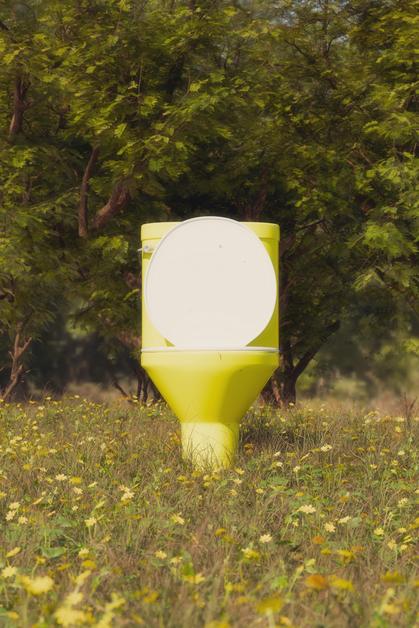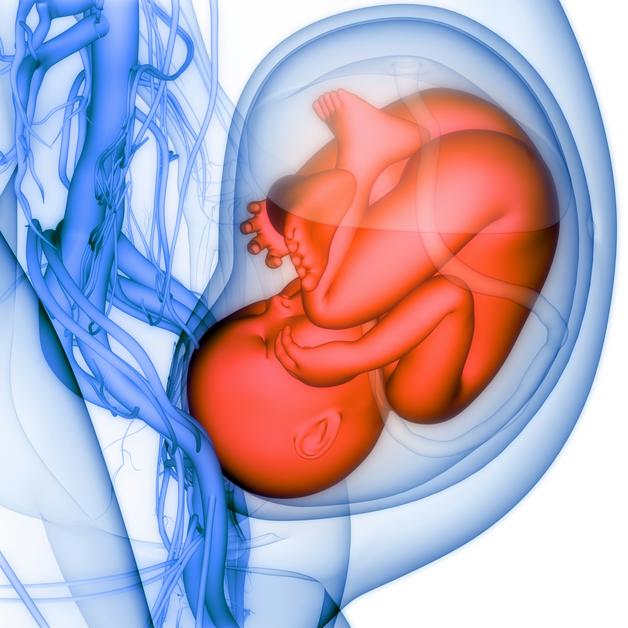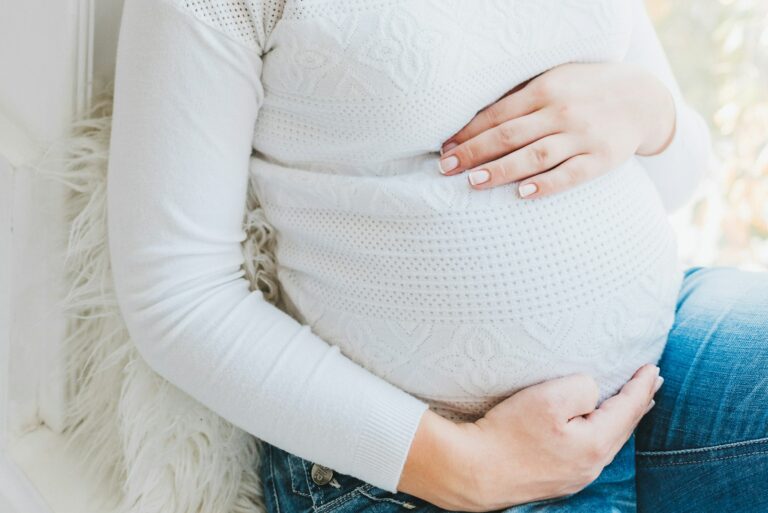Debating whether your daily routine has morphed into a direct line between the couch and the bathroom? The unstoppable urge, especially at the least convenient times—trips, meetings, the last ten minutes of a movie—invites both annoyance and concern for many expectant parents. Frequent urination pregnancy doesn’t just disrupt; it ignites a cascade of questions: “Is my baby okay? Should I worry? Does endless bathroom time mean something is wrong?” Here, expect practical answers and actionable solutions backed by medical science. From hormonal rivers running wild in your veins to the expanding territory of your uterus occupying more real estate, every cause and every phase holds its nuances. Dive into what sparks the urgency, when vigilance rises above routine, and how to carve out a life less interrupted—without sacrificing health, hydration, or peace of mind.
What Drives Frequent Urination Pregnancy? The Science Behind the Urge
At first glance, the bathroom marathons of pregnancy might seem mysterious. Yet the reasons are both intricate and well-studied. Four primary physiological shifts shape the landscape here:
- hCG Surge: The moment implantation occurs, the hormone known as human chorionic gonadotropin (hCG) takes center stage. A rapid increase, this hormone not only certifies the pregnancy but also turbocharges blood flow to your kidneys. The result? Your bladder fills more quickly, even if the volume inside is modest.
- Progesterone’s Gentle Influence: Acting like nature’s muscle relaxer, progesterone softens the smooth muscle fibers of your bladder and pelvic floor. What does this mean, in plain terms? Less ability to “hold it,” and more accidental leaks when sneezing or laughing.
- Blood Volume Expansion: Your bloodstream transforms into a superhighway, growing by as much as 80%. As the kidneys process all this extra fluid, urine output climbs—leaving you weighing the shortest route to every bathroom.
- Mechanical Pressure: With each passing week, the growing uterus begins to squeeze its neighbors. Your bladder, suddenly working with less space, sounds the “full” alarm sooner and more frequently.
What emerges is a near-universal experience—around 80% to 95% of those expecting will wrestle with frequent urination pregnancy at some point. Consider it a synchronized dance between hormonal, anatomical, and circulatory changes, rather than a solitary malfunction.
A Trimester-by-Trimester Journey: When Urges Peak and Subside
Each phase redefines normal. The first trimester launches the onslaught, fueled by both hormonal and early anatomical shifts. Many find themselves scouting public restrooms like seasoned professionals. For some, the second trimester makes a surprising retreat—uterine growth “rises” toward the belly, temporarily freeing the bladder from direct compression. But don’t get complacent. As the third trimester unfolds, pressure returns with a vengeance when the baby “drops” into the pelvis, cranking up the frequency and urgency to new levels. Nocturia—the medical term for waking at night to urinate—often intensifies, further splintering sleep.
What Else Fuels the Fire? Secondary Triggers and Aggravators
Dig into the cascade a little deeper and several other culprits reveal themselves:
- Pelvic Floor Adaptation: These supporting muscles stretch, soften, and occasionally falter under the commanding influence of hormones. The ability to fully empty the bladder may decline, leading to a cycle of incomplete voiding and repeat visits.
- Constipation: Nearly a trademark of pregnancy, constipation presses against the bladder from behind. Keeping digestion regular and comfortable can actually lighten the frequency of bathroom runs.
- Medical Triggers: Sometimes, a spike in urgency signals trouble. Urinary tract infections (UTIs) blur the line between normal and worrisome—with burning pain, blood, or foul-smelling urine as red flags. Don’t overlook gestational diabetes; excess sugar in the blood draws more water out via the urine, increasing output. Additionally, less common conditions—including sexually transmitted infections and structural anomalies—deserve a mention, though they are rarer.
Signs Requiring Prompt Medical Input
Vigilance matters. Not every episode of frequent urination pregnancy is harmless. Raise your guard if you notice:
- Burning or pain during urination
- Blood-tinged or overtly red urine
- Cloudiness or an unpleasant odor
- Urgency paired with fever, chills, back pain, or persistent abdominal discomfort
- Difficulty starting the flow or a sense of incomplete emptying
- Involuntary and persistent leaks beyond brief episodes with exertion
It’s worth noting: Many UTIs during pregnancy whisper rather than shout—pain or burning might not appear. This underscores the value of regular urine screening, a staple of quality prenatal care.
Medical Evaluation: What to Expect and Why It Matters
If anything seems off—or your usual bathroom routine shifts unexpectedly—medical testing provides clarity. The typical toolkit includes:
- Urinalysis and Urine Culture: Checking for bacteria, immune cells, or unwanted blood; specifying the invader if infection is present
- Glucose Testing: Screening for gestational diabetes, typically between weeks 24 and 28
- Ultrasound or Focused Exams: Investigating persistent symptoms or suspected anatomical blockers
For those pursuing assisted conception (IVF or similar), hormonal treatments can intensify frequent urination pregnancy in unique ways. Reporting abrupt changes early is essential for tailored care.
Solutions for Comfort and Well-Being: What Really Works
Building a toolkit starts with proactive strategies, not resignation. Adopting targeted changes can ease the burden of frequent urination pregnancy—without compromising maternal or fetal health.
Smarter Hydration, Thoughtful Habits
- Stay Hydrated: Resist the temptation to cut back on fluids. Healthy kidney function and infection prevention hinge on adequate intake—about 1.5 to 2 liters daily (think 8-12 cups, spaced across waking hours). If nighttime interruptions destabilize sleep, consider tapering fluids a few hours before bed.
- Limit Diuretic Beverages: Coffee, black tea, fizzy sodas, and energy drinks dial up urine production. Minimize where possible, especially if restroom fatigue mounts.
- Comfortable Wardrobe: Opt for soft waistbands and non-restrictive materials, easing abdominal tension and reducing irritation in the pelvic area.
- Heed Your Urges: Don’t force the bladder into overtime. Voiding when needed prevents infection and reduces unnecessary strain. Leaning forward slightly on the toilet can help empty the bladder more thoroughly.
- Absorbent Liners: Breathable, unscented pads offer discreet security for those surprise leaks, particularly as pregnancy advances.
Digestive Support: Fiber and Gut Health
- Prioritize Fiber Intake: Whole grains, fruits, and vegetables tackle constipation—the unsung villain behind many bladder woes. A healthy gut lightens urinary symptoms and supports systemic wellness.
Pelvic Floor Mastery: Power of Kegel Exercises
Resilience here changes everything. Regularly engaging in pelvic floor exercises can reduce both urgency and accidental leaks:
- Contract the muscles used to stop urination (without doing so during actual urinating)
- Hold for 5–10 seconds, relax for the same amount of time, and repeat 10 times up to three times daily
- Consistency matters most; gradual improvement follows
A strengthened pelvic floor not only minimizes frequent urination pregnancy distress but also aids postpartum recovery and longer-term continence.
Intimate Hygiene: Small Habits, Big Impact
- Wipe Front to Back: Block bacteria from encroaching where they don’t belong.
- Post-Intercourse Voiding: A simple flush of the system sharply cuts UTI risk.
- Gentle Cleansing: Choose mild, unscented soaps, avoiding harsh chemicals. Say no to douching or scented wipes to preserve natural protective flora.
Dietary Adjustments and Safe Supplements
- Embrace Alkalinity: Leafy greens, nuts, and select fruits tilt the urinary environment toward less irritation.
- Cranberry Notice: While cranberry may deter some bladder infections, always seek professional guidance before adding supplements during pregnancy—safety varies among preparations.
Prevention and Practical Tips: Reducing Risk, Supporting Wellness
Investing in a few daily strategies pays off:
- Regular hydration and a fiber-rich, alkaline diet
- Answering bladder signals promptly, never delaying out of habit
- Wearing cotton underwear; avoiding synthetics and aggressive cleansers
- Ongoing pelvic floor training—before, during, and after pregnancy
- Staying alert for warning signs, seeking expertise swiftly if symptoms worsen or diverge from typical patterns
Debunking Myths: Separating Fact From Folklore
Erroneous beliefs swirl around frequent urination pregnancy, sometimes adding anxiety where none belongs. For instance:
- Frequent urination rarely equals UTI unless paired with pain, fever, or blood; hormonal tides and uterine pressure are usually the culprits.
- Reducing water does not fix the problem and might exacerbate infection risk.
- No evidence links frequent urination to the baby’s gender.
- Second trimester relief is a possibility, not a promise—pressure often returns ahead of labor.
- Practical steps and pelvic exercises offer real, measurable relief; all hope is not lost.
- Holding urine is counterproductive and weakens pelvic structures.
- Dismissing any frequent urination pregnancy episode as always harmless is misguided; some cases reveal underlying medical needs.
Key Takeaways
- Frequent urination pregnancy is governed by a mix of hormonal changes, increased blood volume, and physical shifts as the uterus grows.
- Practical responses include steady hydration, comfortable hygiene routines, pelvic floor exercises, mindful nutrition, and prompt attention to abnormal symptoms.
- Most episodes are normal, but pain, blood, fever, foul odor, or substantial leakage demand medical attention.
- The journey of pregnancy is punctuated with changes—some inconvenient, others reassuringly ordinary. There’s tremendous value in staying informed, proactive, and open to guidance.
- For personalized advice, free health questionnaires, and supportive resources, download the Heloa app. Support and expertise are always a click away, helping transform uncertainty into confidence—one informed choice at a time.
Questions Parents Ask
How early can frequent urination start in pregnancy?
It’s quite common to notice an increase in bathroom visits from the very early weeks—sometimes as soon as two or three weeks after conception. For many, the urge becomes more pronounced between weeks 10 and 13. This is mostly due to your uterus starting to grow and putting gentle pressure on your bladder, combined with the hormonal changes at play. If this souci appears early in pregnancy, pas d’inquiétude : c’est complètement habituel.
Does frequent urination last throughout the whole pregnancy?
Frequent urination often begins early and can ebb and flow as your pregnancy evolves. Some feel it right from the start, while for others, it intensifies in the second and third trimesters. The main reasons include hormonal shifts and the growing uterus taking up more space, which means your bladder has less room to fill. Many future parents find that this sign may become less pronounced mid-pregnancy before often returning in the final months as the baby settles lower in the pelvis. If you’re experiencing fluctuating patterns, rassurez-vous, c’est une évolution classique.









